Gaza, Sept 5 (V7N) – Major European and Western countries—including Britain, France, Canada, Australia, and Belgium—have announced plans to recognize an independent Palestinian state at the upcoming United Nations General Assembly, a move that could shift the diplomatic landscape in the Middle East.
Current Status of Palestinian Statehood
The Palestine Liberation Organization declared a Palestinian state in 1988, and as of 2025, approximately 147 of the 193 UN member states have formally recognized it. However, the State of Palestine holds only non‑member observer status at the UN, lacking voting rights and full participation in the Security Council—where the United States could block membership with its veto.
The Palestinian Authority (PA), led by President Mahmoud Abbas, administers parts of the West Bank, while Gaza remains under the control of Hamas.
Why Recognition Matters
Countries like the UK, France, Canada, Australia, and Belgium view recognition as both symbolic and political. They aim to pressure Israel to halt military actions in Gaza, suspend settlement expansion in the West Bank, and recommit to peace diplomacy. France has tied recognition to reforms by the PA to strengthen governance and credibility—particularly in managing post-conflict Gaza.
Recognition would elevate Palestinian diplomatic standing and could open pathways for strategic partnerships, although practical limitations remain. For instance, Palestinian borders, airspace, and trade remain tightly controlled by Israel, hindering full sovereign operations.
What Recognition Could Mean
Despite its symbolic weight, recognition may reshape international engagement. It underscores growing global impatience with stalled negotiations and rising humanitarian concerns. It could also expand diplomatic and financial support for the PA. Still, agencies caution that recognition alone won't resolve underlying structural issues or power imbalances without accompanying diplomatic progress or institutional reforms.
END/WD/AJ/



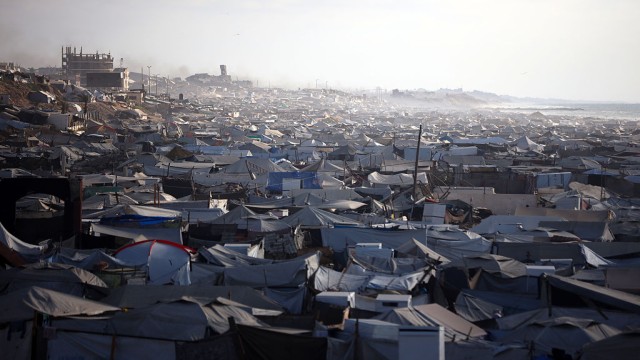
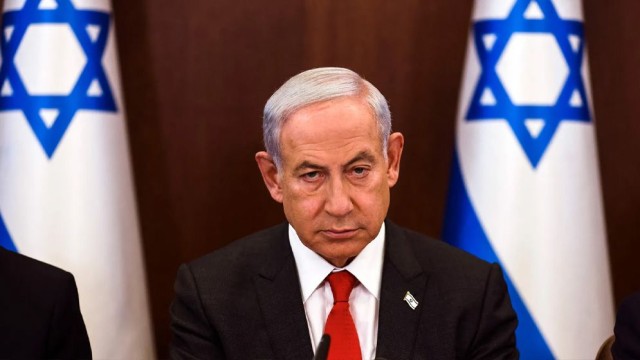
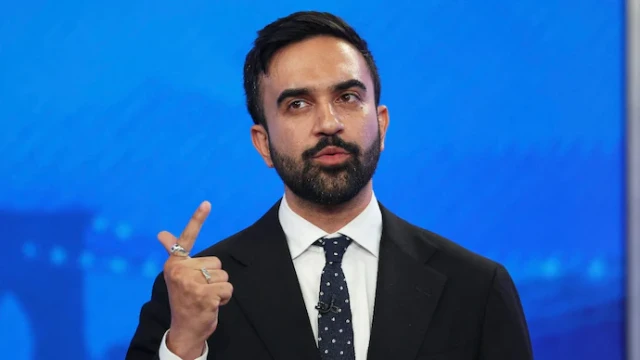
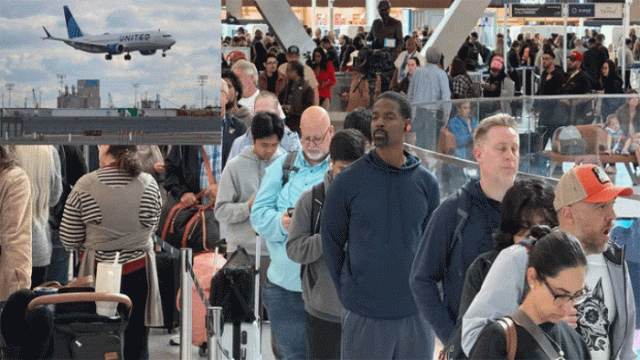
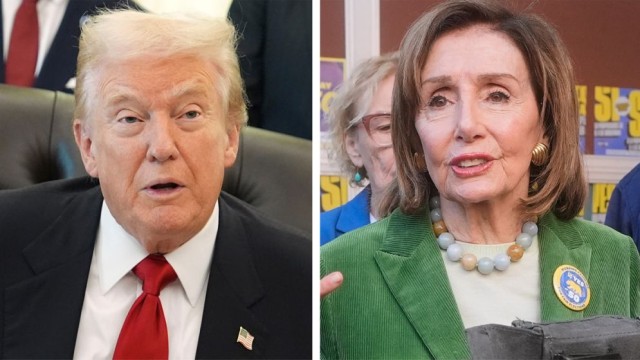





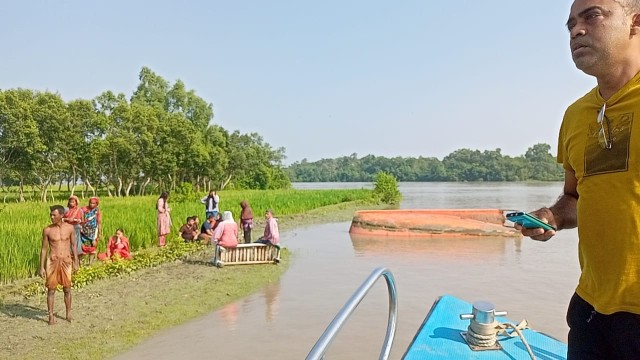





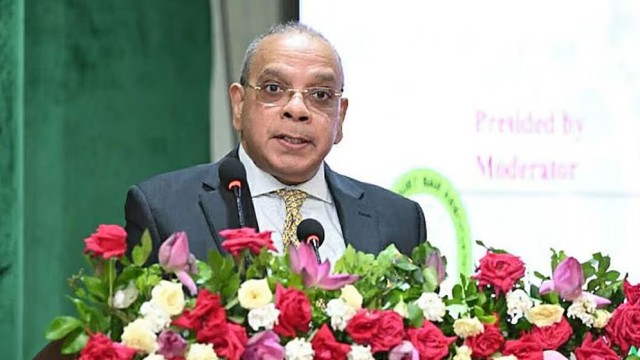




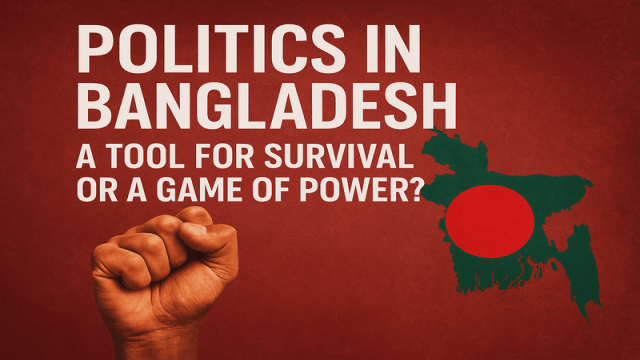

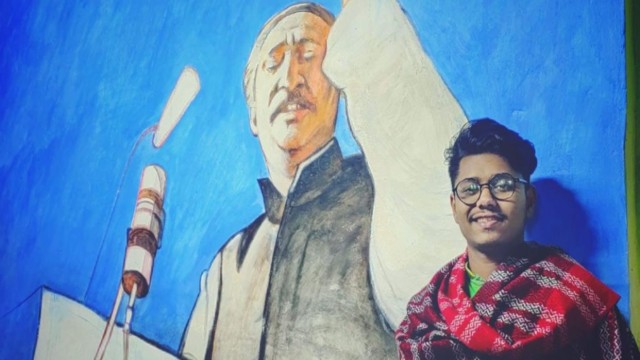


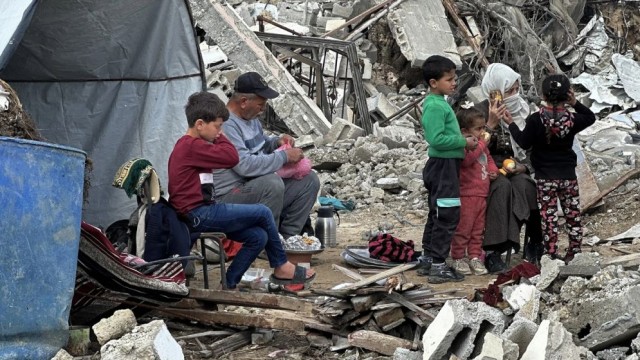
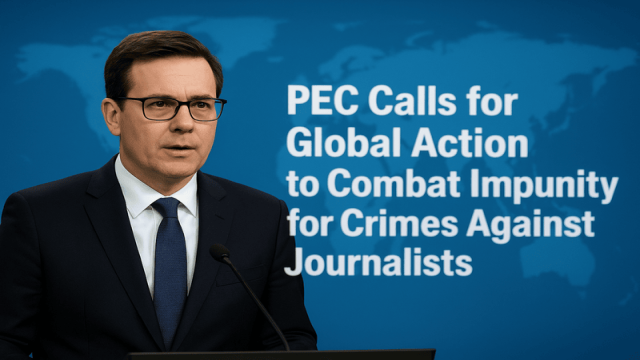
Comment: